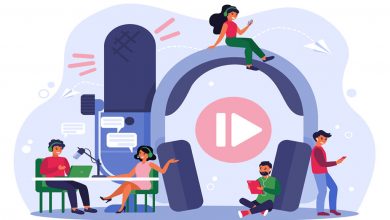

There’s little question that today’s pre-schoolers are already technologically savvy. Read on to seek out a number of the first Educational Apps for them.
When it involves the pleasure of paying time swiping phone or tablet screens, toddlers and pre-schoolers are not any exceptions to adults in today’s digital-focused world. It’s safe to mention that toddlers and preschool-aged children spend longer swiping screens than turning pages in books. Luckily, this development doesn’t need to be all bad news; the proper educational applications can have a positive impact on children’s interactions and learning. So, the way to find the foremost child-friendly and most educational apps online?
Here are the Best Ten Educational Apps we expect are fun, educational apps engaging, helpful, and appropriate to be explored by toddlers and preschoolers:
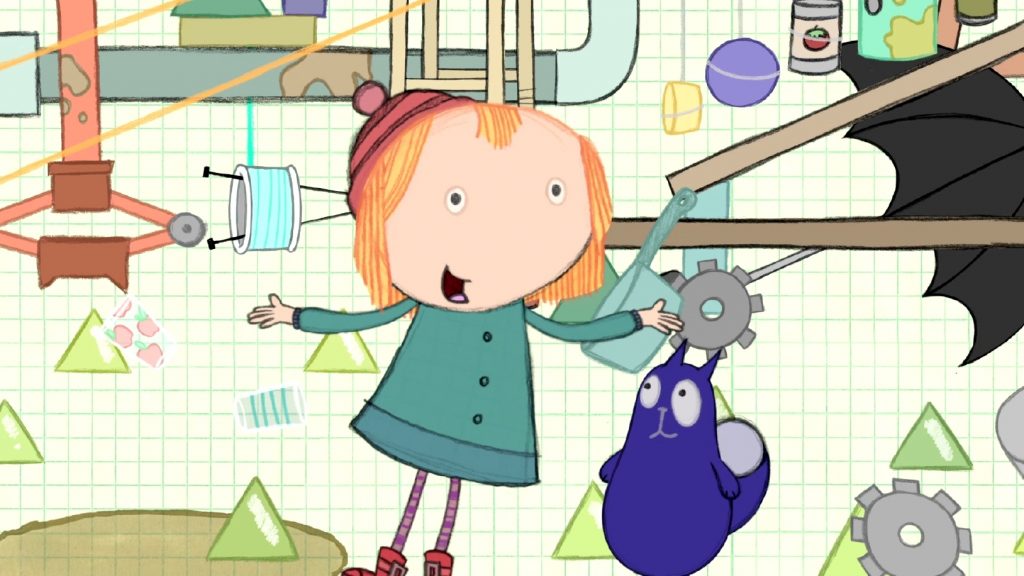 The Educational Apps features the characters Peg and Cat, who dance and sing to easy math exercises like counting up and down. Through singing, children learn to count, identify numbers, and repeat patterns.
The Educational Apps features the characters Peg and Cat, who dance and sing to easy math exercises like counting up and down. Through singing, children learn to count, identify numbers, and repeat patterns.
 Pre-schoolers are entertained by helping the monkey to refill its lunchbox with healthy foods. The Monkey Preschool Lunchbox app aims to introduce letters, patterns, shapes, and hues by asking the youngsters to unravel puzzles, match pictures of fruits.
Pre-schoolers are entertained by helping the monkey to refill its lunchbox with healthy foods. The Monkey Preschool Lunchbox app aims to introduce letters, patterns, shapes, and hues by asking the youngsters to unravel puzzles, match pictures of fruits.
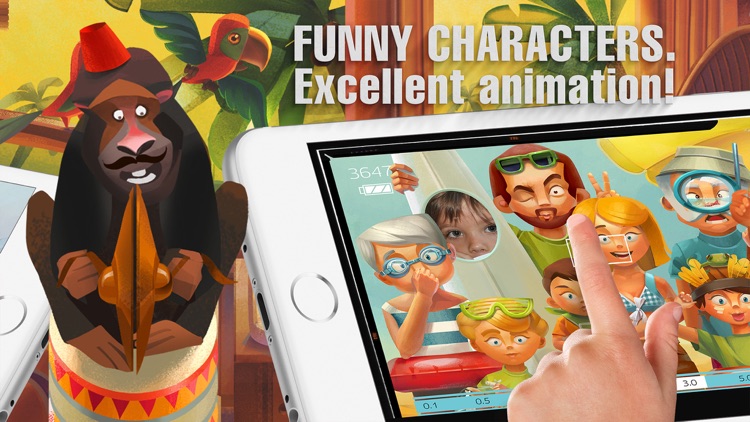 A Parcel of Courage focuses on the story of a family who helps their grandmother in overcoming her fear of flying. This interactive book apps combines storytelling with solving story-based games. The four games provide educational activities by enhancing pre-schoolers’ memory, eye-hand combination, and listening and problem-solving skills.
A Parcel of Courage focuses on the story of a family who helps their grandmother in overcoming her fear of flying. This interactive book apps combines storytelling with solving story-based games. The four games provide educational activities by enhancing pre-schoolers’ memory, eye-hand combination, and listening and problem-solving skills.
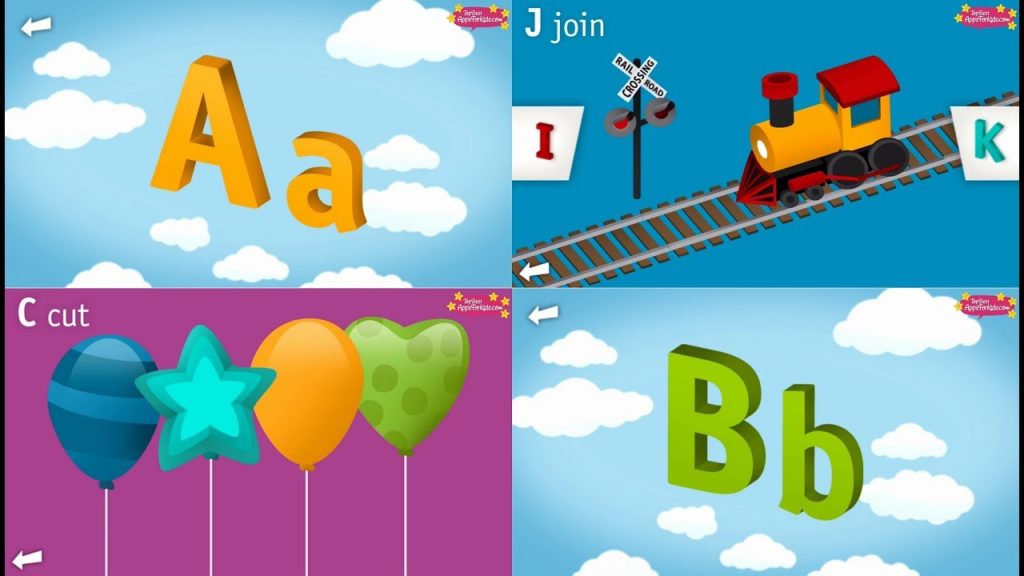 The Educational Apps focuses on 26 action verbs that help toddlers learn the alphabet. Alphabet sing-a-longs and puzzles are two examples that the app uses to stay toddlers’ interested and encourage them to find out letters on their own.
The Educational Apps focuses on 26 action verbs that help toddlers learn the alphabet. Alphabet sing-a-longs and puzzles are two examples that the app uses to stay toddlers’ interested and encourage them to find out letters on their own.
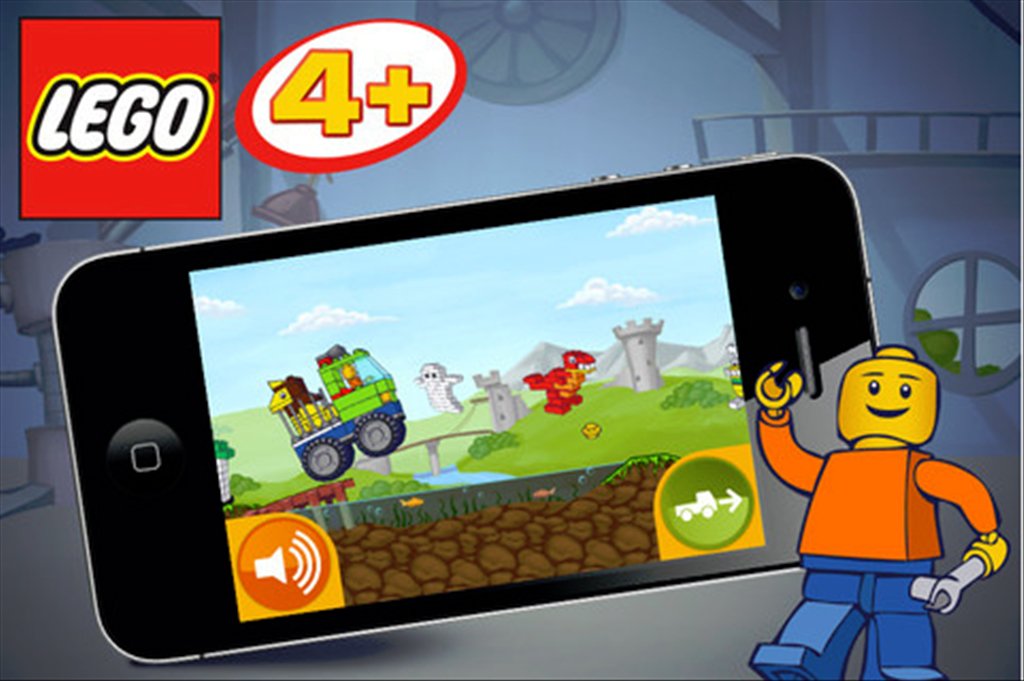 Children can create their truck and need to move it around a bumpy track to gather coins that unlock more parts of the sport. Targeting kids between the age of 4 and 7, the LEGO App4+ may be a game that helps to enhance imagination and building skills.
Children can create their truck and need to move it around a bumpy track to gather coins that unlock more parts of the sport. Targeting kids between the age of 4 and 7, the LEGO App4+ may be a game that helps to enhance imagination and building skills.
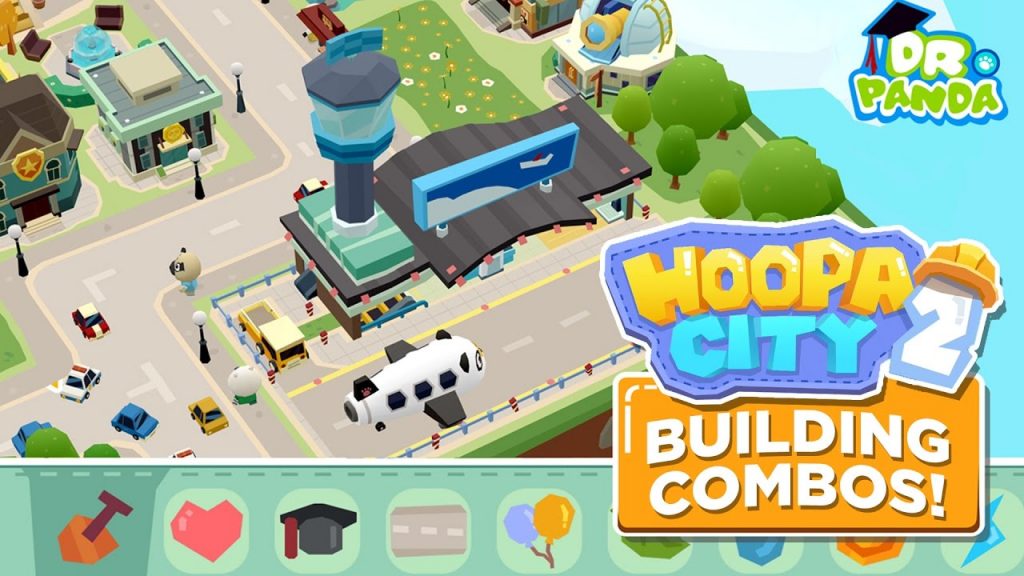 The Educational Apps feature the Hippo names Hoopa who needs helps to construct cities. Hoopa City is meant for pre-school children who need to combine elements so as to make houses, streets, and gardens ultimately. By using their imagination, children enhance their problem-solving skills during this interactive kid role-play.
The Educational Apps feature the Hippo names Hoopa who needs helps to construct cities. Hoopa City is meant for pre-school children who need to combine elements so as to make houses, streets, and gardens ultimately. By using their imagination, children enhance their problem-solving skills during this interactive kid role-play.
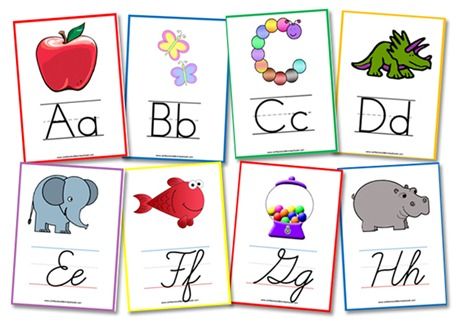 Alphabet Flashcards is an Educational Apps that supports preschoolers to find out the alphabet by using digital flashcards. The flashcards show images of words that begin with the chosen letter’ and youngsters also can hear the sounds of the letter if they like.
Alphabet Flashcards is an Educational Apps that supports preschoolers to find out the alphabet by using digital flashcards. The flashcards show images of words that begin with the chosen letter’ and youngsters also can hear the sounds of the letter if they like.
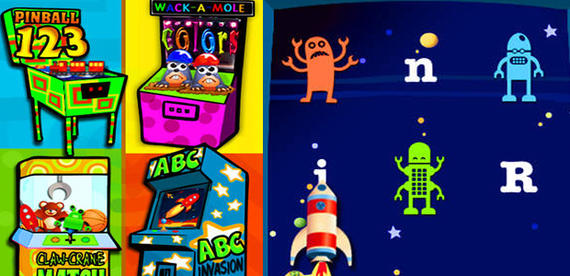 The Preschool Arcade Educational Apps will make children feel as if they were on the boardwalk. The four educational games feature an ABC Invasion, Pinball 123, Claw-Crane Matching, and a Whack-a-Mole. While the games help to find out basic counting and, therefore, the alphabet, kids are going to be drawn to the animations and sound effects.
The Preschool Arcade Educational Apps will make children feel as if they were on the boardwalk. The four educational games feature an ABC Invasion, Pinball 123, Claw-Crane Matching, and a Whack-a-Mole. While the games help to find out basic counting and, therefore, the alphabet, kids are going to be drawn to the animations and sound effects.
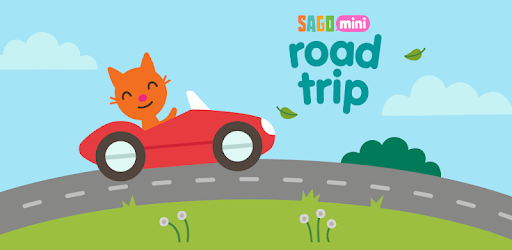 Choosing between six destinations, the Educational Apps allows children to enjoy their road trip from packing a suitcase, choosing a car, and stopping for petrol or a car wash. The sport is aimed toward toddlers at the age of two to four years and enhances their creativity skills.
Choosing between six destinations, the Educational Apps allows children to enjoy their road trip from packing a suitcase, choosing a car, and stopping for petrol or a car wash. The sport is aimed toward toddlers at the age of two to four years and enhances their creativity skills.
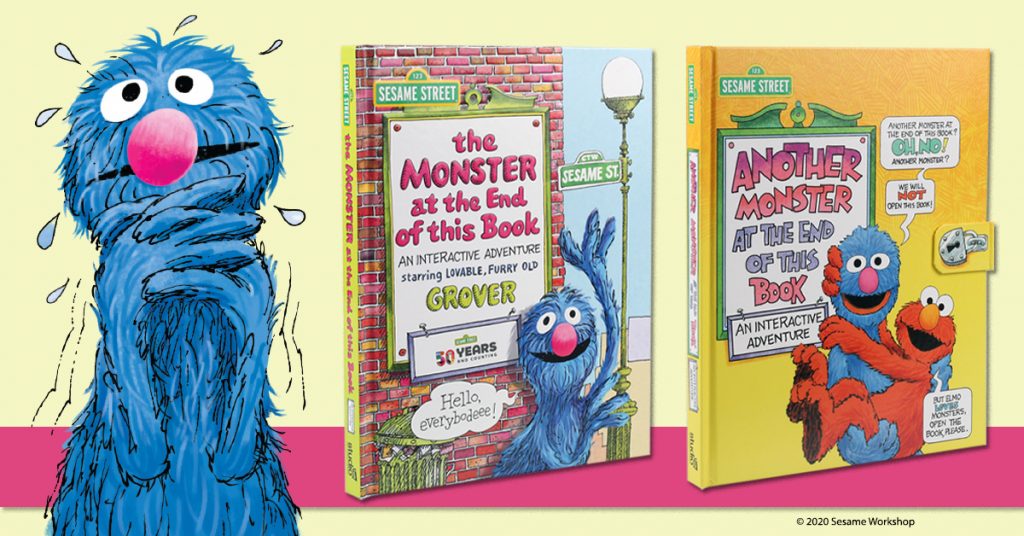 All children who are enjoying Sesame Street will love this interactive app-book, which may be a recreation of the classic book. The character Grover asks children to untie ropes’ knock down brick walls and tickle Grover. The app offers how to start a children-friendly conversation about emotions and fears that specialize in the monster at the top of the book.
All children who are enjoying Sesame Street will love this interactive app-book, which may be a recreation of the classic book. The character Grover asks children to untie ropes’ knock down brick walls and tickle Grover. The app offers how to start a children-friendly conversation about emotions and fears that specialize in the monster at the top of the book.
Learn Through Play
It seems that digital games on tablets and smartphones were tailored-made for toddlers: easy to use, inviting animations, and straightforward swipe instructions that have the power to interact with children for long times. But in the end, it’s not good for youngsters to spend unlimited time ahead of those apps. Recommendations made by the American Academy of Pediatrics advise parents to limit the screen time for youngsters to at least one or two hours each day and to schedule many outdoor activities.
The Academy also recommends to permit much time for unstructured game activities during the day and to make sure that children are entertained when using apps. This is often thanks to the danger that children get bored or lose interest within the activity when parents leave them with too many pieces of data. After all, the app aims to offer children the prospect to find out through play.





